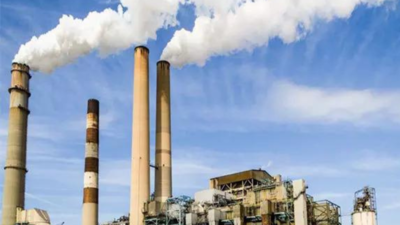ARTICLE AD BOX

Singapore buys carbon credits from Ghana, Paraguay and Peru
Singapore will spend $76.4 million to buy more than two million tonnes of nature-based carbon credits from projects in Ghana, Paraguay and Peru, The Straits Times reported Tuesday.
The National Climate Change Secretariat (NCCS) and the Ministry of Trade and Industry (MTI) said the projects will protect forests in Peru, restore pastureland in Ghana, and store carbon in Paraguay’s grasslands, marking Singapore’s first batch of carbon credits under global climate agreements. In total, Singapore will buy 2.175 million tonnes of credits — equivalent to offsetting nearly 4% of its 2022 greenhouse gas emissions.
A single carbon credit represents one tonne of carbon dioxide either avoided, such as by preventing deforestation, or removed through restoration. Two of the Peruvian initiatives, the Kowen Antami Redd+ Project and the Together for Forests Redd+ Project, focus on protecting Yanachaga Chemillen National Park, San Matias-San Carlos Protection Forest, and areas in Madre de Dios province. Redd+ projects (Reducing Emissions from Deforestation and Degradation) seek to cut emissions from logging, wildfires and agricultural expansion.
The credits will be supplied by three firms — Temasek-backed GenZero, commodities trader Mercuria Asia Resources, and US-based carbon project developer Boomitra. According to Singapore’s procurement portal GeBiz, Mercuria will deliver credits from the two Peruvian projects. The tender for nature-based credits closed in February. Singapore plans to apply these offsets between 2026 and 2030 to meet its climate targets.
The country earlier projected it would use about 2.51 million tonnes of high-quality carbon credits annually this decade. For instance, in 2030, total emissions are expected at 62.51 million tonnes and will be reduced to 60 million tonnes with credits. Under the Paris Agreement, nations may purchase carbon credits from other jurisdictions to fulfil domestic commitments. Singapore currently has carbon trading arrangements with nine countries — Ghana, Peru, Paraguay, Papua New Guinea, Bhutan, Chile, Rwanda, Thailand and, most recently, Vietnam.



.png)
.png)
.png)
















 1 hour ago
4
1 hour ago
4








 English (US) ·
English (US) ·